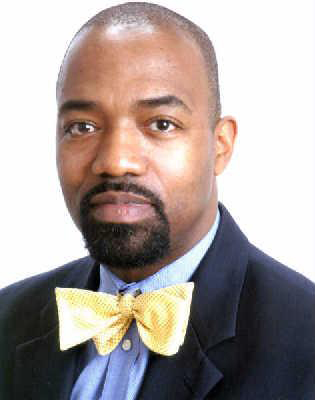
Updated April 21.
TEMPLE HILLS, Md. (BP)–On Easter Sunday, President Obama and his family attended a worship service at Allen Chapel AME Church, a historically Black church located in southeast Washington, D.C. The visit came five days after an area near the church witnessed four youths’ deaths in a drive-by shooting. This is one of several visits the president has made to Washington, D.C.-area churches. However, the president has not claimed one congregation as his own for his time of residence in the nation’s capital.
The president’s reluctance to identify a local house of worship as a home church reveals politics at its best. By remaining unaligned, the president has silenced some American citizens’ concerns about favoritism in his worship choices. This should make for fewer ill feelings about the potential ethnicity or denomination of his fellow worshippers.
The president’s decision — or lack thereof — appears to be considerate of the faithful members of any local assembly. President Obama has expressed concern over a previous worship experience at 19th Street Baptist Church in Washington, D.C. On the day of his appearance, crowds gathered hours before the start of worship service, making it impossible for many of the regular attendees to participate in the service. Seemingly, Mr. Obama feels uneasy about some worshipers being disposed from their pews by many of their faithful friends who utilized the occasion of his attendance to get glimpses of the First Family rather than glimpses of glory.
Many will laud the president’s politically correct position. However, all American citizens should be concerned that Mr. Obama’s heart toward religious matters reveals something about him: The President seems to be exhibiting an unformed conscience when it comes to standing on the most visceral personal issues. Instead of demonstrating consistent strength of leadership, President Obama yields to what is expedient — to what will be winsome to the majority of voting citizens.
This is not new for the president. We all remember that questions about the rights of the unborn are above his pay grade. Yet making the tough calls about economic bailouts in the trillions of dollars, troop withdrawals from Iraq, and health care reform, understandably, are within the realm of knowledge for his position description. The president even can risk provoking the ire of Mahmoud Ahmadinejad and his Muslim allies because the majority of the members of Congress and their constituents will agree with him on his approach to Iran. However, when it comes to upsetting people on matters where his personal beliefs inform convictions, Mr. Obama gives the impression that he needs to play it safe with those who grade his pay.
To be fair, it could be that religious assembly and its inherent moral instruction are not issues of deep concern for the president. Or maybe Mr. Obama does not wish to appear to be committed to any one faith in hopes of keeping a personal separation between church and State. Either way, the president is not demonstrating convictions. Instead, his occasional drive-bys to local assemblies appear to be attempts to appease the public.
It might not be right to expect our presidents to identify with one local assembly. We do not hold leaders of the other branches of government to this standard. Justice Sotomayor was vetted without regard for her religious preferences. The majority and minority whips are not queried on where they spend their Sundays. But such membership decisions matter to Americans when it comes to one in the highest office in the land. For in our nation’s history, the buck on national civil morality stops passing at the Oval Office.
The iconic status of President Obama’s historical ascension has made it harder for him to make a choice about calling one house of worship his own. It also has made it harder for some among the baptized to render unto Obama what is due to Caesar. But the president should not allow these things to become excuses for why he does not render unto God what is due to God. For the message of Easter is not subject to popular opinion.
–30–
Eric C. Redmond is senior pastor of Reformation Alive Baptist Church in Temple Hills, Md., and the author of “Where Are All the Brothers? Straight Answers to Men’s Questions About the Church.”

















